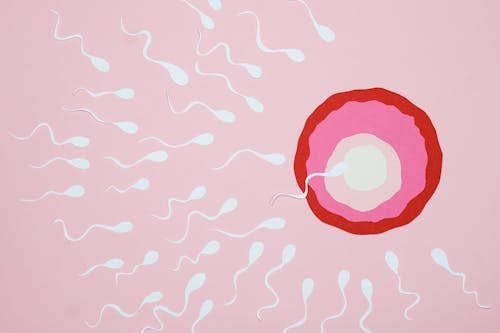Understanding Male Fertility Donation
Sperm donation is an essential process in fertility treatments.
What is Sperm Donation?
Sperm donation is a procedure in which a man donates his semen, which contains sperm, in order to help individuals or couples on their path to parenthood. This method is an integral part of assisted reproduction and offers an opportunity to those who face male fertility challenges or who need a donor due to the absence of a male partner. Through this process, pregnancy can be achieved using techniques such as artificial insemination or in vitro fertilization (IVF).
The Donor Selection Process
The sperm donor selection process is thorough and designed to ensure the health and genetic quality of the donor. Potential donors must undergo a series of evaluations that include:
Complete medical examinations to rule out genetic or infectious diseases.
Psychological evaluations to ensure that the donor is mentally prepared for the process.
Semen analysis to measure sperm quality and quantity.
Only those who meet all criteria are accepted as donors, thus ensuring that the donated sperm is of the highest possible quality.
Benefits of Sperm Donation
Sperm donation offers numerous benefits for both donors and recipients. For donors, it is an opportunity to help others build a family, which can be a rewarding experience. Additionally, many sperm banks offer financial compensation for donations, which can be an added incentive.
For recipients, sperm donation can be a solution to male infertility problems or a viable option for single women and same-sex couples who wish to have children. In addition, it allows for greater genetic diversity, which can be beneficial for the health of the future child.
Ethical and Legal Considerations
Sperm donation is subject to various ethical and legal considerations that vary by country. It is crucial that both donors and recipients understand the legal implications of the process, which may include donor anonymity and the rights of future children to know their biological ancestry.
Some regions allow children conceived through sperm donation to have access to the donor's identity once they reach a certain age, while in other places, donor anonymity is protected by law. These aspects should be discussed and agreed upon before proceeding with the donation process.
The Future of Sperm Donation
The field of sperm donation is constantly evolving thanks to advances in reproductive technology. Innovations such as cryopreservation and improved IVF techniques are expanding the possibilities for people looking to start a family through sperm donation.
Additionally, increasing social acceptance and recognition of family diversity are driving demand for these types of services. As society moves toward greater inclusion, sperm donation will continue to be a viable and valuable option for many people on their journey to parenthood.
